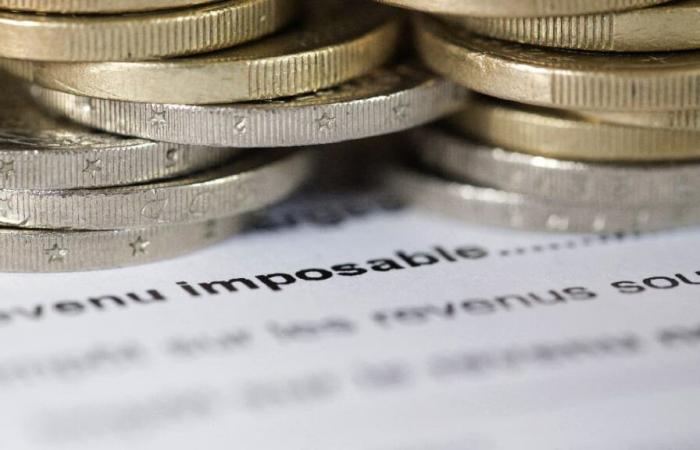An OFCE study assessed the impact of the special law on the French economy, estimating that the middle class would be most penalized.
The French Observatory of Economic Conditions (OFCE) has scrutinized the various measures included in the special finance law promulgated last Friday. His observations were published in a study consulted by La Tribune this Sunday, December 22.
400,000 new households in tax
If retirees will indeed benefit from a 2.2% increase from January 1, middle-class workers will rather suffer. In total, 400,000 new households will be subject to tax and 18 million households will see an increase in their tax slips.
Even more, “households which are between 2,500 euros of net monthly income per month for a single person and roughly 3,500 euros” will be the most affected by this special law, explains Mathieu Plane, deputy director of the OFCE and co-author of the study. This is the highest segment of the middle class, representing a third of households in France.
Those who earn around 2,000 euros net per month will suffer a loss of around a hundred euros per year, due to the deindexation of the income tax scale or even the end of the tariff shield. Those who earn more than 3,500 euros per month (around 10% of the wealthiest) will lose at least 300 euros per year.
The wealthiest and businesses are the big winners
On the other hand, the 75,000 wealthiest households (i.e. around 0.3% of French people) earning more than 250,000 euros per year (500,000 euros for a couple) will ultimately be exempt from the exceptional contribution within the framework of the 2025 budget. Same sound bells ringing for large groups who will be able to benefit from a tax cut of 8 billion euros.
“Due to the low progressivity of the tax in the highest brackets, the wealthiest would be relatively less affected than the others,” note the authors of the study.
An unequal treatment which can create resentment while companies seem to be the big winners in this emergency text. The latter allows for the moment to avoid an increase in compulsory deductions of more than 20 billion euros, exemptions from employer contributions on low salaries (4 billion euros) or even a reduction in the contribution on added value (CVAE).






